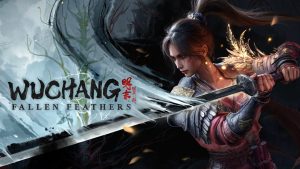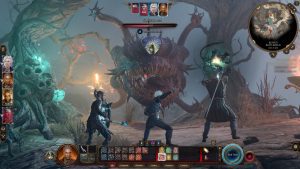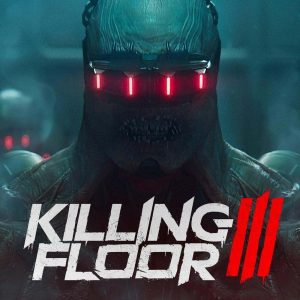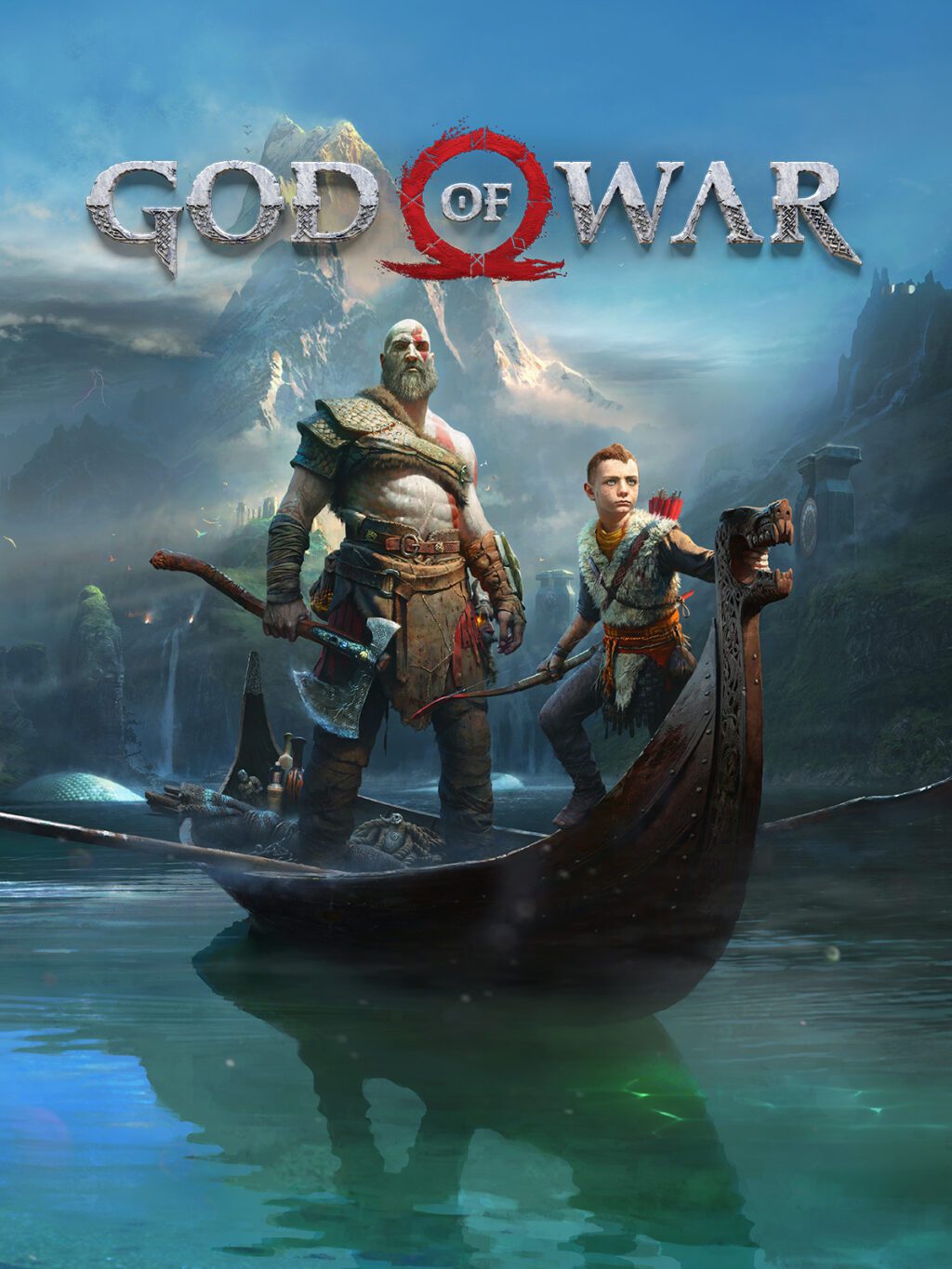
God of War, a game series that needs no introduction, has captivated gamers around the world with its gripping storyline and thrilling gameplay. Developed by Santa Monica Studio and published by Sony Interactive Entertainment, this action-adventure video game franchise has been hailed as a masterpiece of storytelling, world-building, and character development. With its rich mythology, intense combat, and breathtaking visuals, God of War has set new benchmarks for the gaming industry. In this blog, we will delve into the epic journey of Kratos, the Greek god of war, as he navigates through the realms of both Greek and Norse mythology, uncovering the depths of his own character along the way.
The Genesis of God of War
To understand the evolution of the God of War series, we must first look back at its origins. The game was first conceptualized by director David Jaffe, who wanted to create an action-packed game inspired by Greek mythology. However, it wasn’t until the release of the game in 2005 that God of War truly made its mark on the gaming world. With its visceral combat, epic boss battles, and immersive storytelling, God of War became an instant hit at the 2008 Electronic Entertainment Expo (E3), paving the way for future installments and establishing itself as a powerful franchise.
First Era – Greek Mythology
The first era of God of War takes players on a thrilling adventure through the pantheon of Greek gods. As the Spartan warrior Kratos, players explore the rich tapestry of Greek mythology, facing off against gods of Olympus and mythical creatures of legend. Embarking on a quest for vengeance, Kratos, also known as the Ghost of Sparta, wields the infamous Blades of Chaos, chains bound to his wrists that serve as both his weapon and his curse. However, after finally killing Ares and ascending to Mount Olympus, Kratos becomes the new God of War, ushering in a new era for the franchise.
The God of War series beautifully incorporates Greek mythology into its narrative, seamlessly blending ancient tales with the personal journey of Kratos. Players bear witness to the defining spirit of this legendary god of war as they navigate epic landscapes and conquer gods and titans alike. With each installment in the series, God of War dives deeper into the lore and mythology of ancient Greece, immersing players in a world where gods and mortals intertwine.
Second Era – Norse Mythology
In 2018, God of War took a bold step forward, transitioning from Greek mythology to Norse mythology. Santa Monica Studio, the creative team behind the game, decided to breathe new life into the franchise by exploring a completely different pantheon of gods, creatures, and worlds. This marked a significant departure from the previous games, as players followed Kratos on his first adventure in the Norse wilds during the Second Era of Norse mythology.
Armed with a new main weapon, the Leviathan Axe, Kratos embarks on a journey through the nine realms of Norse mythology. The game introduces players to a distinctly new realm, the Norse wilds, filled with gritty forests, icy landscapes, and dangerous creatures from the pantheon of Norse creatures Kratos will face. As Kratos navigates this unforgiving world, he faces off against formidable Norse gods, such as Thor, Odin, and Freya, each presenting their own unique challenges and tests of strength in epic combat.
The transition to Norse mythology in God of War was met with critical acclaim, as the game successfully managed to capture the essence of Norse lore while staying true to the series’ defining spirit. Players were captivated by the immersive world, stunning visuals, and intricate storytelling, making it one of the most compelling entries in the franchise. As fans eagerly await the release of God of War Ragnarok, the sequel to the 2018 game, anticipation is at an all-time high to see where Kratos’ journey will take him next.
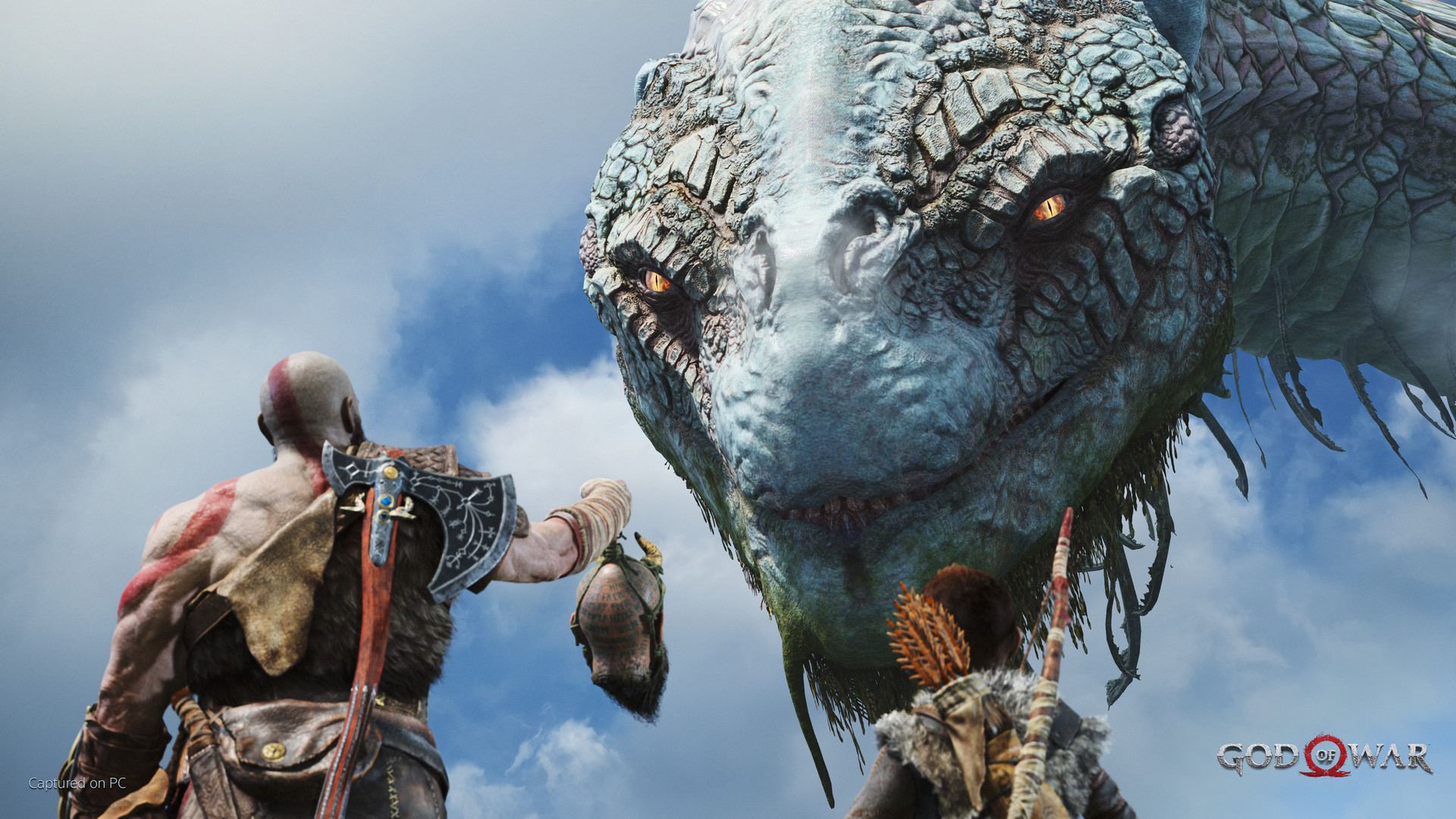
The Art of Gameplay
As much as God of War excels in storytelling, its gameplay is equally captivating. With its seamless blend of action, exploration, and puzzle-solving, the game truly immerses players in a world of epic proportions. From the free camera perspective that enhances immersion to the intricately designed combat mechanisms, every aspect of gameplay is carefully crafted to provide an unforgettable experience for players.
Combat Mechanisms
God of War is renowned for its fast-paced, adrenaline-fueled combat that keeps players on the edge of their seats. The game’s free camera perspective allows for dynamic and fluid gameplay, giving players complete control over every move and showcasing the brutal and precise combat of Kratos.
Players can unleash devastating combos and special attacks, decimating enemies with blades, bare fists, and even ancient powers. As the game progresses, Kratos gains new abilities, adding depth and variety to the combat experience. From unleashing the Spartan Rage, an unstoppable fury that increases Kratos’ strength, to summoning ancient artifacts, players can adapt their playstyle to suit different situations and overcome even the most formidable opponents.
Character Progression
In addition to its exhilarating combat, God of War incorporates RPG elements that allow for character growth and development. Throughout the game, players can upgrade Kratos’ abilities, improve his equipment, and unlock new skills, creating a highly customizable experience. This progression system, including the new game+ feature, adds depth and replay value, giving players the freedom to tailor their playstyle and adapt Kratos’ abilities to their preferences.
- Upgrade Kratos’ weapons and armor to enhance his combat capabilities.
- Unlock new abilities and skills, allowing for more creative and powerful attacks.
- Improve Atreus’ archery and puzzle-solving abilities, turning him into a formidable ally.
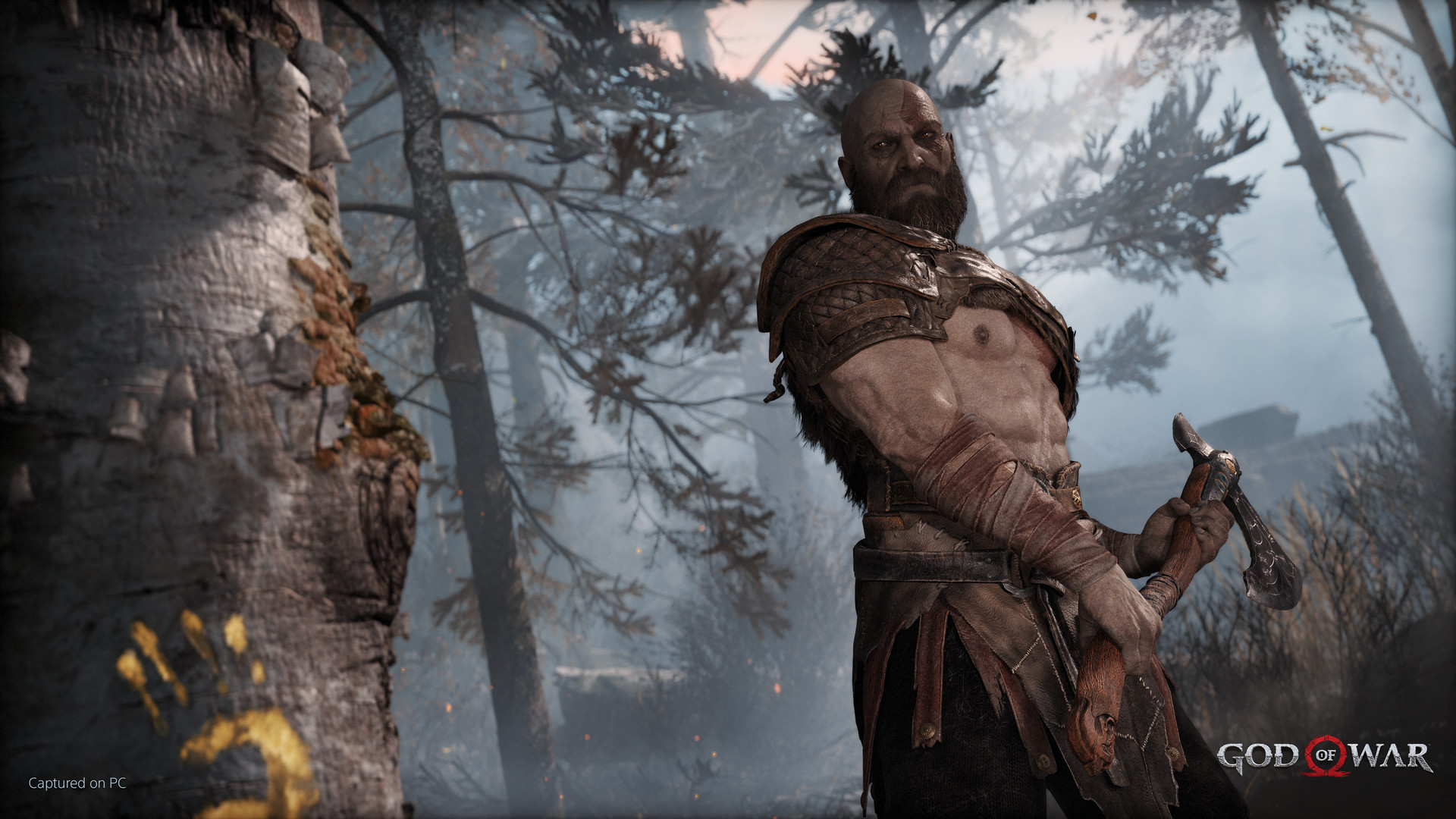
The Richness of the Storyline
While gameplay is at the forefront of God of War, the game’s narrative is equally captivating. With its complex characters, thought-provoking themes, and emotional depth, the storyline of God of War has resonated with players on a profound level. It is through the lens of this rich narrative that players truly come to understand the journey of Kratos and his son, Atreus, as they navigate a world filled with violence, gods, and the ever-present pursuit of redemption.
The Journey of Kratos
At the heart of the God of War series is the journey of Kratos, a character shaped by a vision of violent conflict. In the sequel, God of War II, Kratos continues his journey as the new God of War, far more ruthless than Ares ever was. Shunned by the other gods for his brutality and haunted by memories of his past, Kratos is struck down by Zeus for refusing to swear loyalty. However, in the latest installment, Kratos finds himself in a new world, facing new challenges and seeking a different kind of redemption.
Set in an unforgiving world of Norse mythology, Kratos must reconcile with his violent past while protecting his young son, Atreus, from the chaos that surrounds them. The game beautifully interweaves elements of Kratos’ history, exploring his relationship with his wife and daughter, and the haunting memories that continue to haunt him. As players navigate through the game, they uncover the internal struggles and conflicts that define Kratos, shedding new light on his motivations and the depths of his character in a very dangerous world.
The Role of Atreus
Atreus, Kratos’ young son, plays a pivotal role in God of War, adding a layer of complexity and humanity to the game’s narrative. As players guide Atreus through his own journey of growth and development, they witness how he strengthens the bond between him and Kratos, ultimately becoming an indispensable companion on their perilous quest.
As the story unfolds, players see Atreus evolve from a curious and inexperienced boy to a skilled warrior in his own right. His character growth and development are crucial to the overall narrative, as he navigates the challenges of a world torn by violent conflict and discovers his own place within it. The dynamic between Atreus and Kratos is beautifully portrayed, showcasing the complexities of their relationship and the impact they have on each other’s lives.
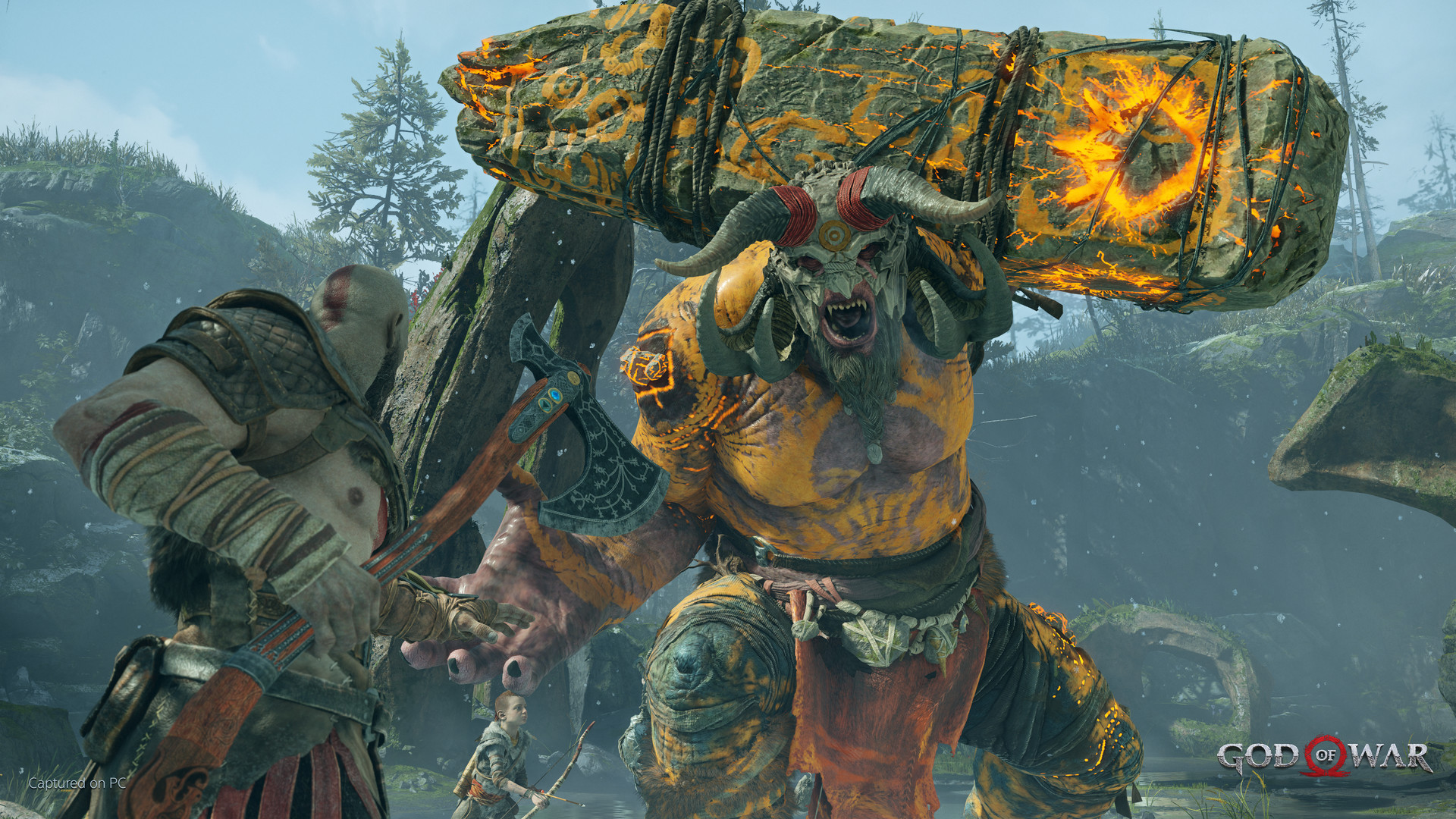
Character Development
In God of War, character development is at the core of the game’s narrative. Whether it is Kratos’ transformation from a god to a father figure or Atreus representing the humanity that Kratos has lost, the game explores the intricacies of its characters, their growth, and the impact they have on the story.
Kratos – From God to Father
Kratos’ character development throughout the God of War game series is nothing short of remarkable. From his origins as the Ghost of Sparta, a warrior haunted by his violent past, to his journey as a god of war seeking redemption, Kratos’ transformation is the defining spirit of the games.
The first God of War game establishes Kratos as a vengeful warrior hell-bent on destroying the gods of Olympus, who have betrayed him. As players delve into the world of Greek mythology, they witness Kratos’ relentless pursuit of vengeance, highlighting his inner conflict and defining his character.
Atreus – The Humanity Kratos Lost
Atreus, Kratos’ young son, serves as a constant reminder of the humanity that Kratos has lost over time. As players experience Atreus’ growth and development, they witness how his presence challenges Kratos’ outlook on life and brings out buried emotions within him.
Throughout the game, Atreus’ vulnerability and curiosity shine a light on Kratos’ own struggles, allowing players to delve deeper into the complexities of his character. The bond between father and son is at the heart of the game, shaping not only their individual journeys but also the overall narrative of God of War.
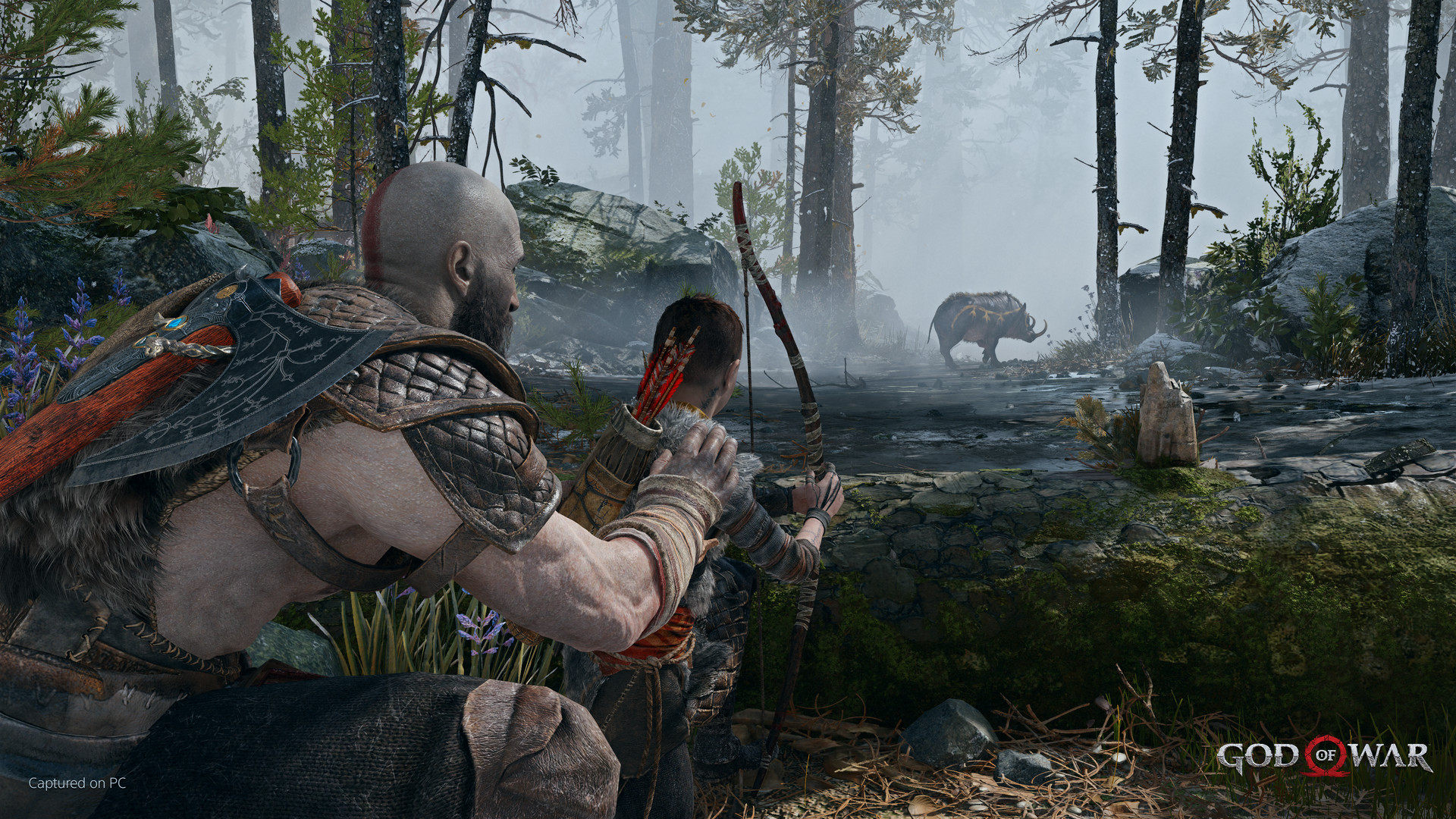
The World of God of War
God of War is more than just its characters and storyline; it is a world unto itself. From darker, more elemental realms to incredible creatures and antagonists, the game presents players with a world that is as captivating as it is dangerous.
A Darker, More Elemental World
With its transition to Norse mythology, God of War introduces players to a darker, more elemental world. Gone are the sunny columns of ornate Olympus; instead, players venture into gritty forests, treacherous mountains, and distinctly new realms that reflect the unforgiving nature of the game’s world.
The Norse wilds, with their foreboding atmosphere and grim landscapes, provide the perfect backdrop for Kratos’ journey. The game’s world design is a testament to Santa Monica Studio’s dedication to creating an immersive and atmospheric experience, where danger lurks around every corner and survival is never guaranteed.
Incredible Creatures and Antagonists
God of War introduces players to a pantheon of awe-inspiring creatures and formidable antagonists. From ancient gods and mythical creatures of Norse mythology to unique adversaries, the game presents a diverse array of enemies that challenge players at every turn.
Kratos’ journey is fraught with battles against creatures that are as fascinating as they are dangerous. From iconic figures like Jormungandr, the world serpent, to lesser-known creatures of Norse lore, players encounter a wide variety of opponents that showcase the game’s commitment to world-building and immersion.
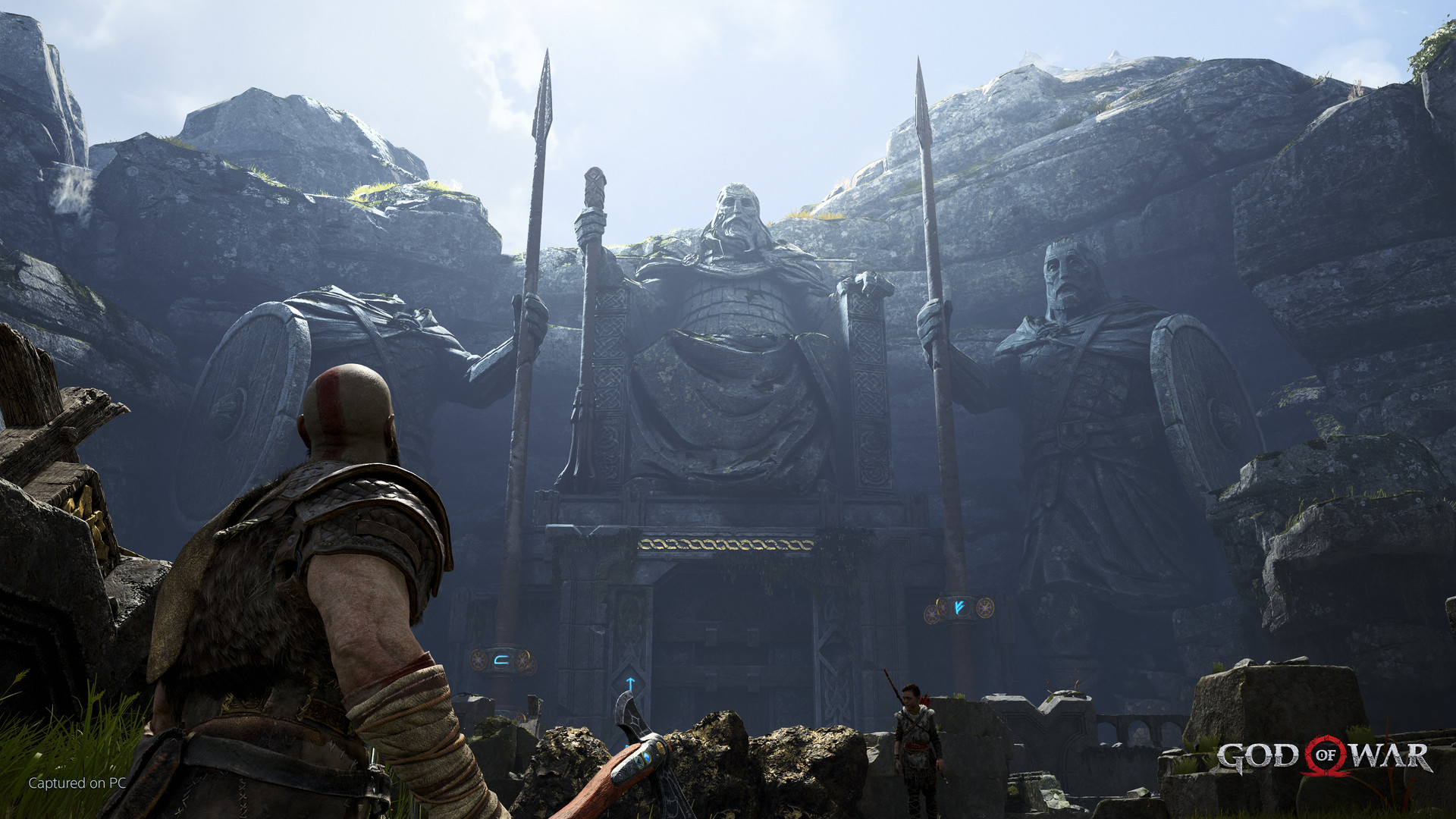
Behind the Scenes
Behind every great game is a team of talented individuals who pour their creative vision, passion, and hard work into bringing it to life. God of War is no exception, and the development process behind the game is as fascinating as the game itself.
The Creation Process
Led by creative director Cory Barlog, the development team at Santa Monica Studio embarked on a creative journey to reimagine the world of God of War. Filled with technical challenges and creative decisions, the development process of the game showcased the team’s commitment to delivering an unforgettable gaming experience.
From the early stages of concept art to the final polish, every aspect of creating God of War was a meticulous endeavor. The team pushed new ground, aiming to create a game that not only captured the spirit of the previous games but also pushed the series in new and exciting directions.
The Challenges Faced
Creating a game of the magnitude of God of War was no small feat, and the development team faced numerous challenges along the way. From exploring new ground in terms of mythology and storytelling to navigating different translations and collaborating with executive producers, the team’s resilience and dedication were put to the test. One of the most impressive challenges they overcame was creating the entire game to be played in a single shot, with no camera cuts or loading screens, making it a seamless and immersive experience for players.
Despite the obstacles, the team at Santa Monica Studio pushed forward, driven by their passion for the game and their commitment to delivering an exceptional experience. Their perseverance and attention to detail shine through in every aspect of God of War, making it a true testament to the power of game development.
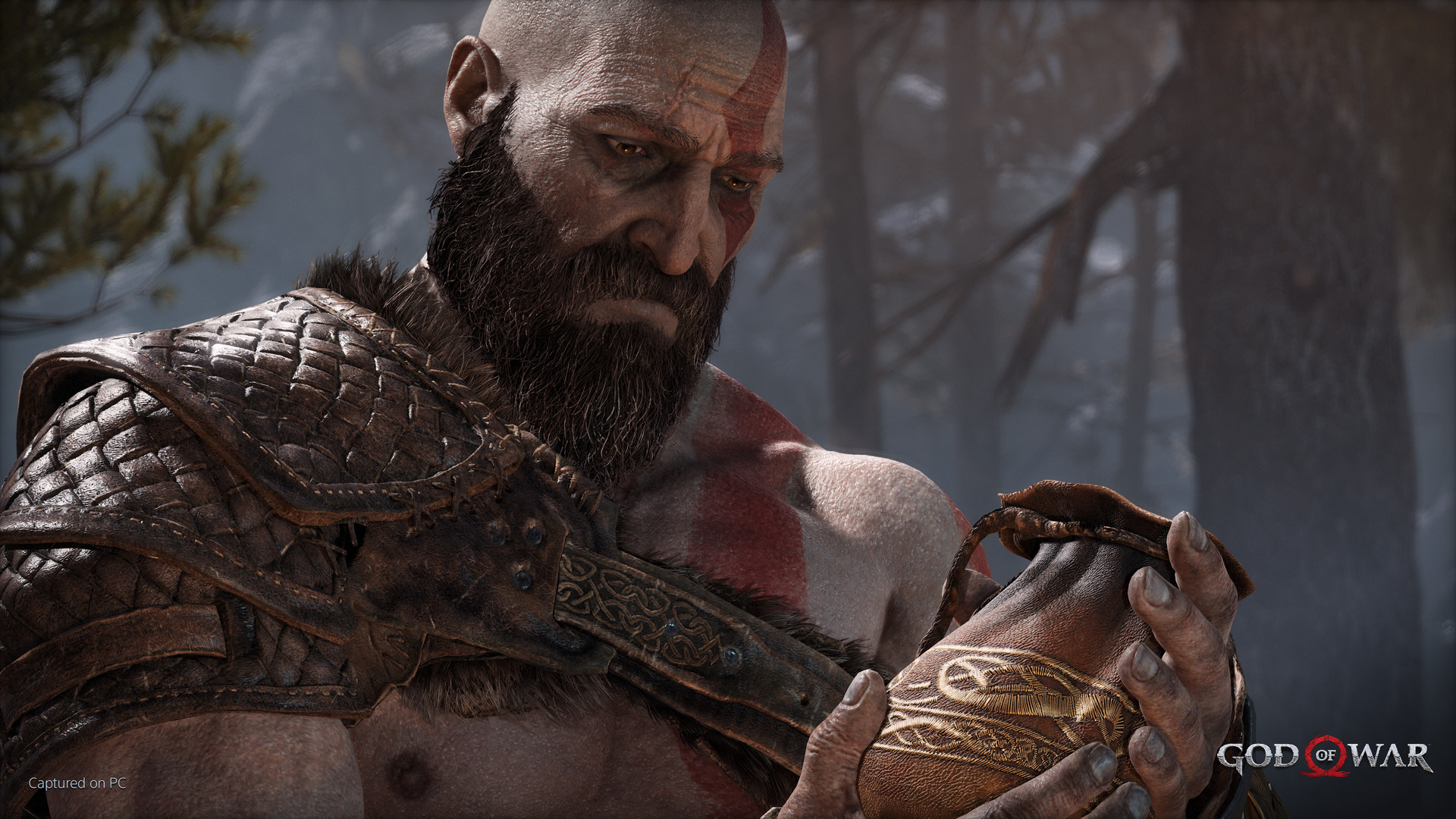
The Evolution of God of War’s Atreus
One of the most intriguing aspects of God of War is the evolution of Atreus, Kratos’ son, as a character. From his voice performance to his character growth and development, Atreus brings a new dimension to the game’s narrative.
The Voice Behind Atreus
Atreus’ portrayal is brought to life by the talented voice actor Sunny Suljic, whose performance adds depth and emotion to the character. Through his voice, players witness Atreus’ growth, curiosity, and transformation from a young boy to a capable warrior.
Sunny Suljic’s portrayal of Atreus is integral to the game, as his performance captures the essence of the character’s development and the complexity of his relationship with Kratos. From vulnerable moments to moments of strength, Suljic’s voice acting imbues Atreus with a sense of authenticity, making him a relatable and memorable character.
Character Growth and Development
As players guide Atreus through his journey, they witness his growth and development as a character. From his initial role as a young, curious boy to his gradual acquisition of new abilities, Atreus evolves and becomes an integral part of the game’s narrative.
Atreus’ development is intricately tied to his relationship with Kratos, as the two characters learn from each other and navigate the challenges of a dangerous world. His growth, both in terms of combat abilities and personal development, adds depth to the game, creating a dynamic and compelling narrative.
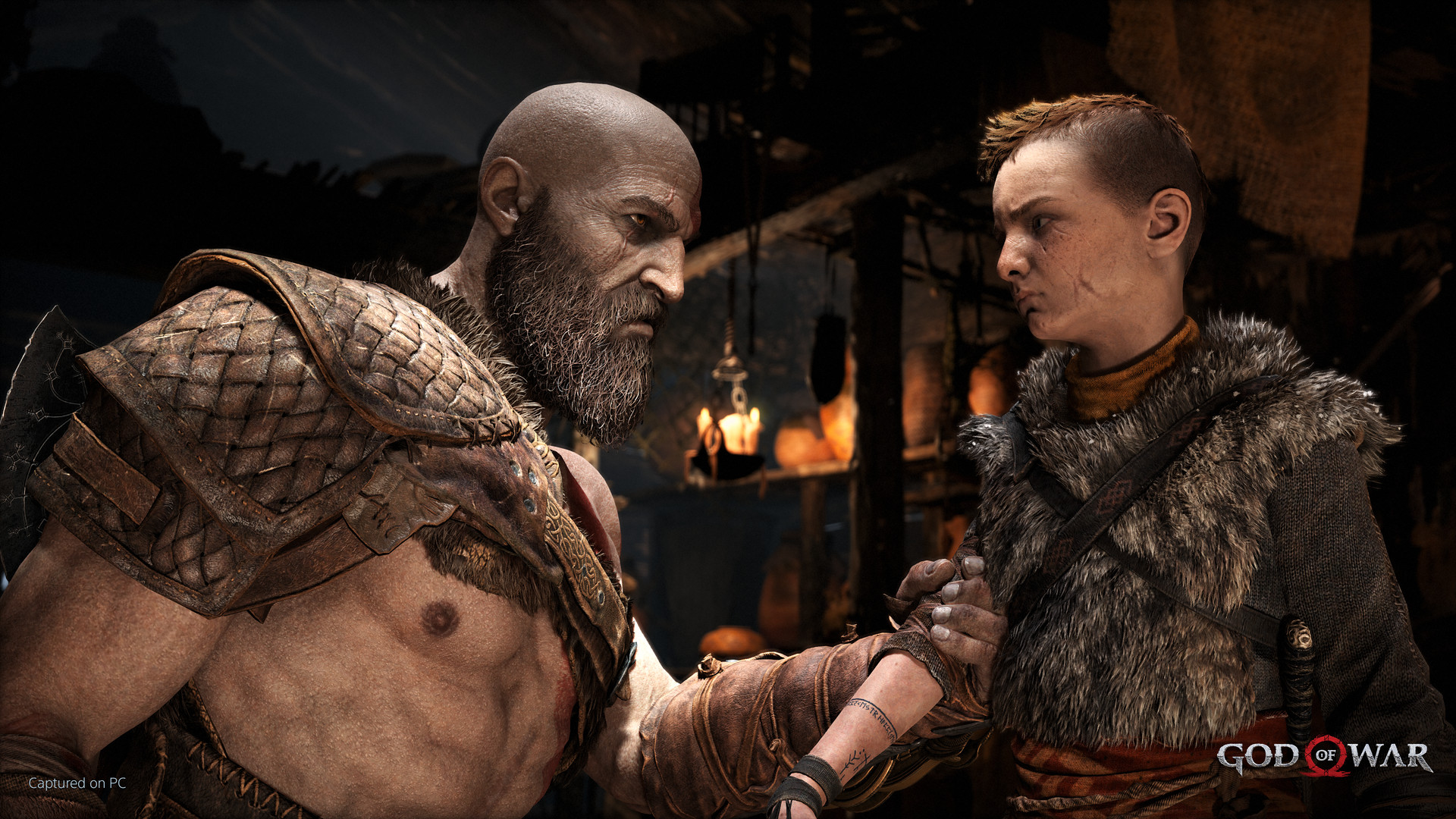
The Impact of Soundtrack
One of the often overlooked but crucial elements of game design is the soundtrack, and God of War is no exception. The game’s musical score, composed by Bear McCreary, plays a vital role in enhancing the gameplay experience and storytelling.
The Role of Music in Storytelling
Music has the unique ability to evoke emotions, set the tone, and immerse players in a game’s world. In God of War, the role of music in storytelling is masterfully executed, with the soundtrack elevating the narrative and enhancing the player’s connection to the game’s characters and events.
Bear McCreary’s score beautifully weaves together epic orchestral arrangements, haunting melodies, and atmospheric soundscapes to create an immersive and evocative experience. The music dynamically shifts to match the intensity of the story, amplifying the emotional impact of key moments and drawing players deeper into the game’s world.
Bear’s Score – Impact on Gameplay
Bear McCreary’s score not only enhances the storytelling but also has a direct impact on gameplay. The music seamlessly integrates with the gameplay mechanics, intensifying combat sequences and creating a truly cinematic experience.
The game’s soundtrack adapts to the player’s actions, escalating during intense battles and calming during quiet moments of exploration. The synergy between music and gameplay enhances the immersion, making every encounter feel epic and every decision significant.
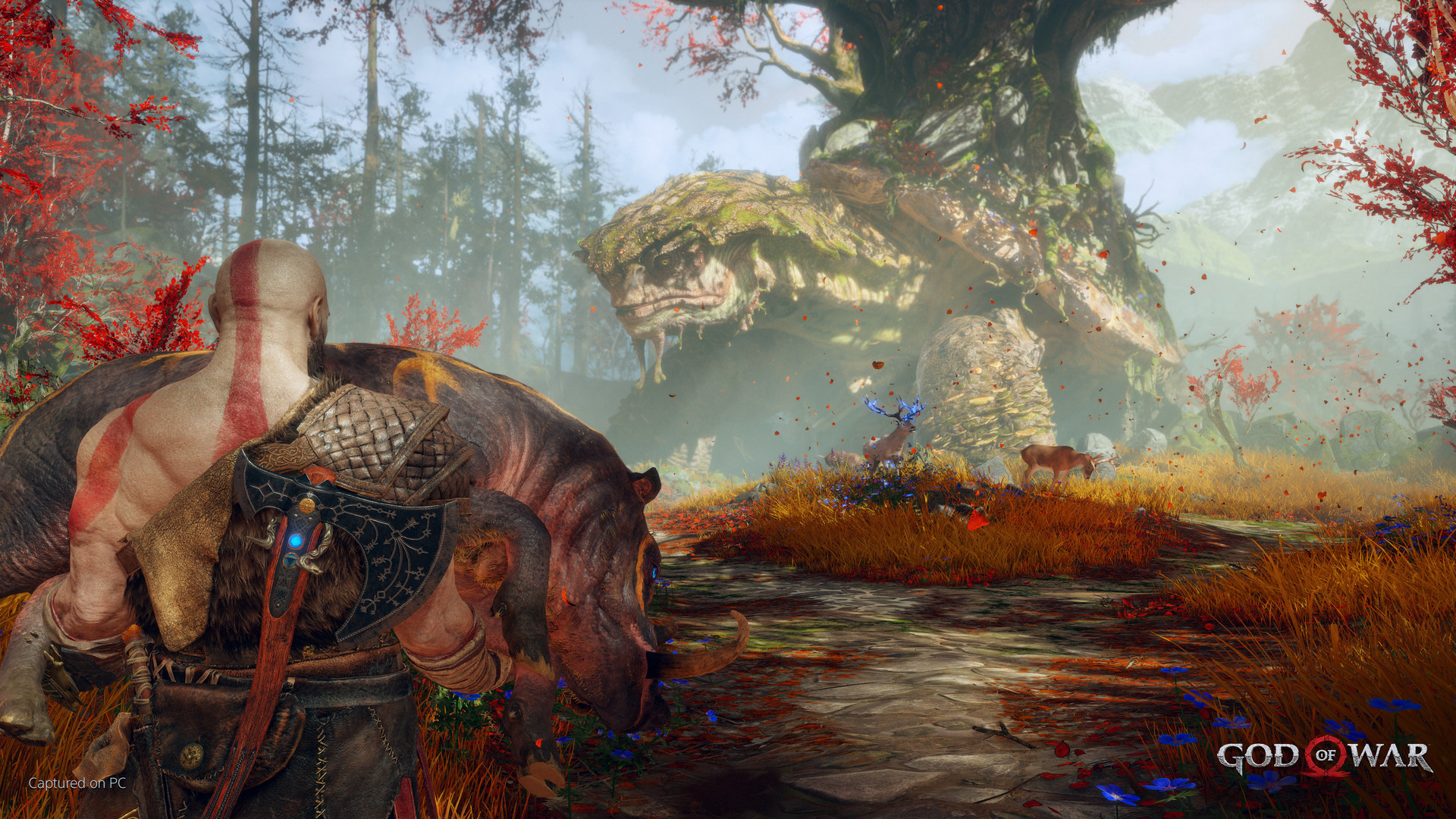
God of War’s Reception
God of War’s release was met with critical acclaim and numerous awards, solidifying its status as a modern gaming masterpiece.
Critical Reviews
Critics hailed God of War as one of the best games of its time, lauding its compelling narrative, engaging gameplay, and stunning visuals. The game received critical acclaim for its innovative storytelling, seamless world-building, and meticulous attention to detail.
God of War garnered multiple awards, including numerous Game of the Year accolades, highlighting its immense impact on the gaming industry. The game’s success is a testament to the dedication and talent of the development team at Santa Monica Studio, who created an experience that resonated with players and critics alike. With its intense and immersive gameplay, it’s no wonder why many consider God of War to be one of the best action games of all time.
Achievements and Accolades
God of War’s achievements and accolades speak volumes about its impact on the gaming landscape. The game earned numerous game awards and was recognized as one of the best games of its generation.
From industry accolades to player acclaim, God of War’s success is a testament to its compelling narrative, captivating gameplay, and innovative design. The game pushed boundaries, redefining what a video game could be, and cemented itself as a benchmark for storytelling and world-building in the gaming industry.
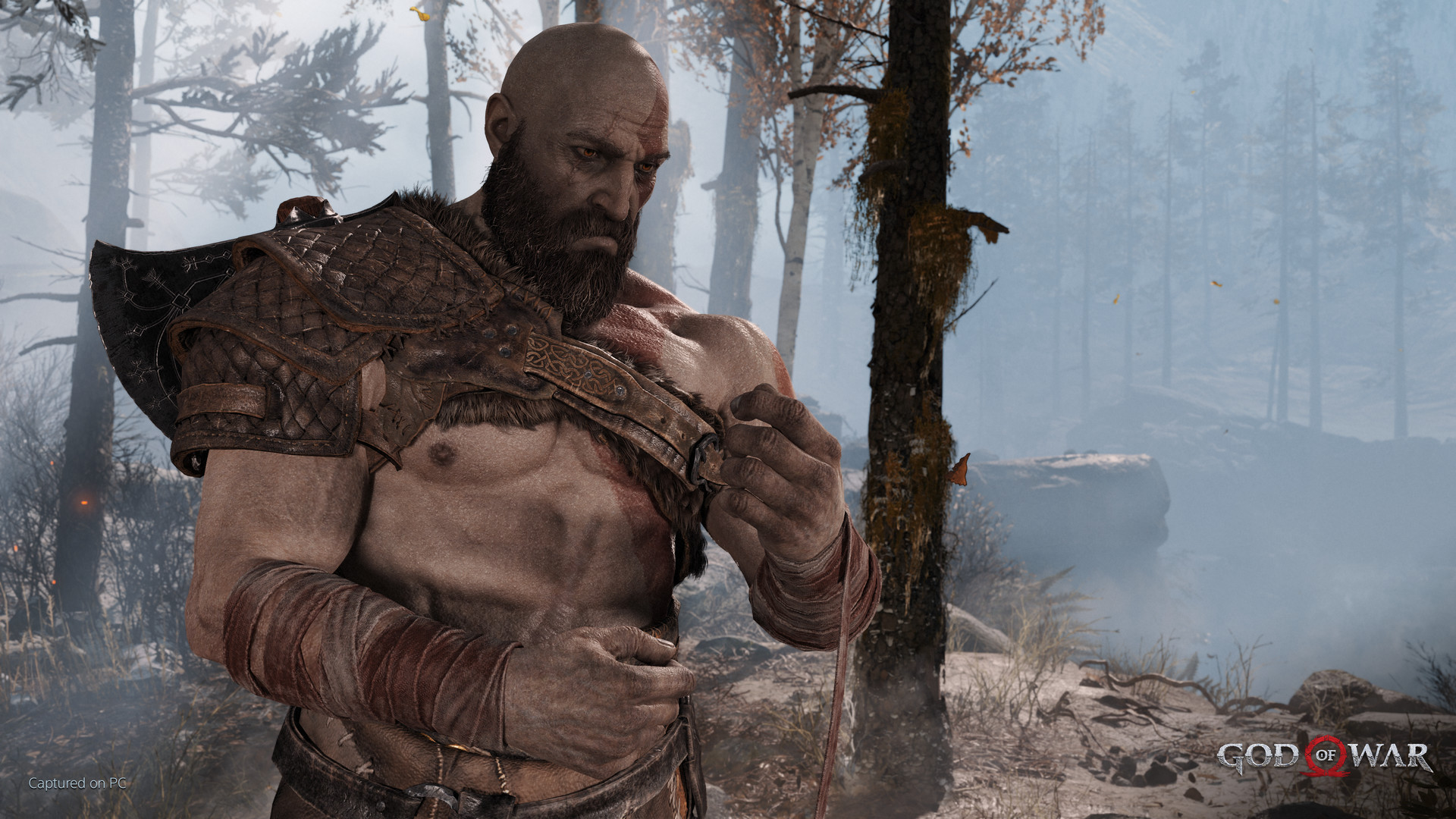
“What Lies Ahead for God of War Series?”
With the release of God of War Ragnarok on the horizon, fans are eagerly speculating about the future of the series and what lies in store for Kratos and Atreus.
Anticipations for the Sequel
God of War Ragnarok promises to continue the epic saga of Kratos and Atreus, with players eagerly anticipating new adventures, challenges, and revelations. Speculation abounds regarding the sequel’s storyline, gameplay innovations, and the impact it will have on the series as a whole.
As release date draws near, fans eagerly await the next chapter in this gripping tale, excited for the opportunities that lie ahead. The expectations for God of War Ragnarok are sky-high, and the anticipation for what awaits us in this sequel is palpable among fans of the series.
Are there any hidden secrets or easter eggs in God of War that players should know about?
Yes, there are several hidden secrets and easter eggs in God of War. For example, players can find references to other Norse mythology and even hints of future sequels. Exploring the game thoroughly and paying attention to small details can lead to exciting discoveries. One of the most intriguing secrets in God of War is the presence of references to other Norse mythology. Eagle-eyed players will spot subtle nods to characters and stories from Norse folklore, adding depth and richness to the game’s world. These hidden gems not only provide a sense of discovery but also hint at potential storylines that may unfold in future sequels.
Additionally, attentive players may uncover hints about what lies ahead for Kratos and Atreus. The developers have cleverly scattered clues throughout the game, sparking speculation and excitement among fans.
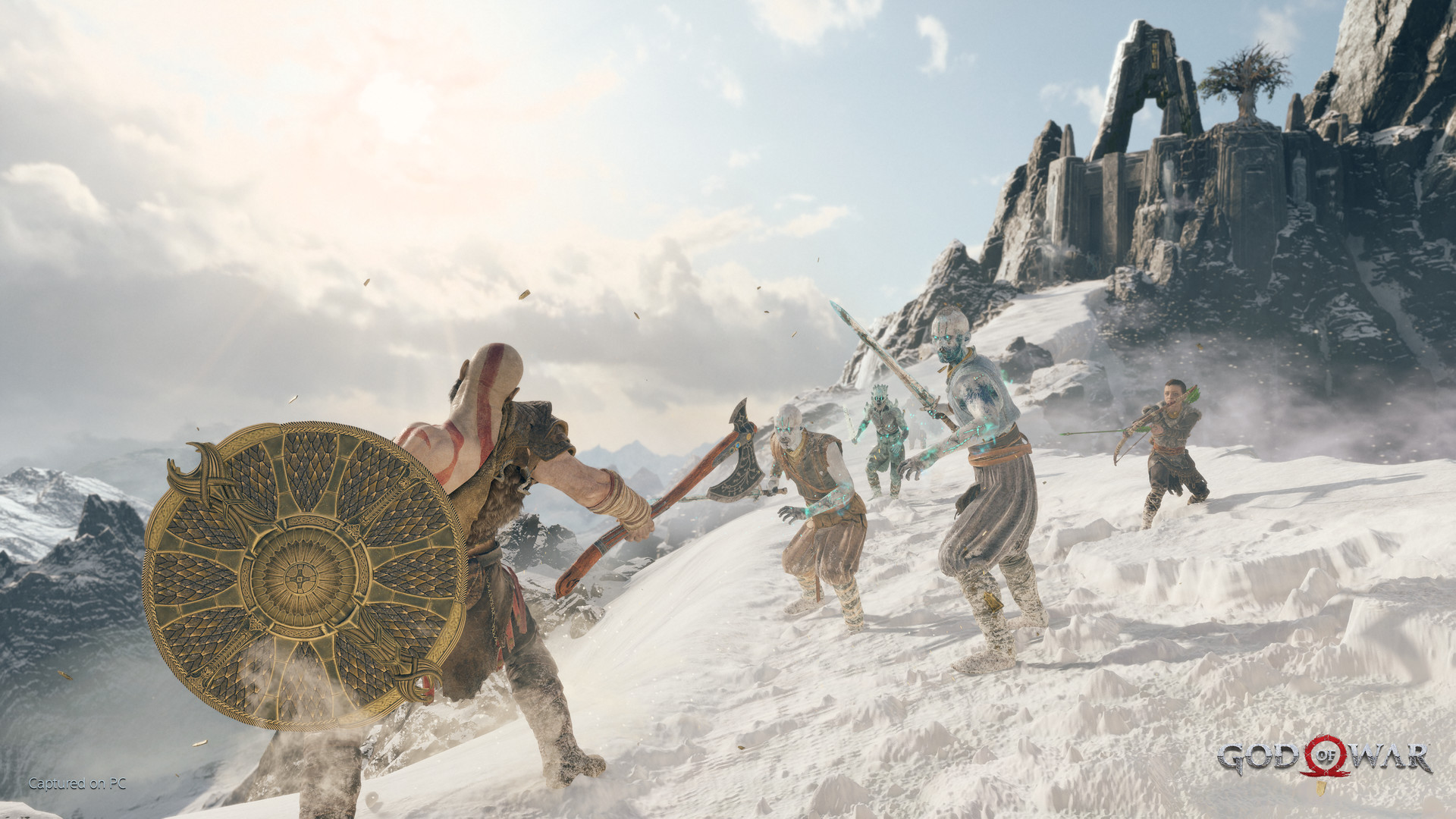
Conclusion
In conclusion, God of War is a masterpiece that seamlessly combines captivating storytelling and immersive gameplay. From its origins in Greek mythology to its shift into Norse mythology, the game takes players on a thrilling journey alongside the complex character of Kratos and his son, Atreus. The combat mechanisms and character progression mechanics add depth to the gameplay experience. The rich storyline explores themes of fatherhood, loss, and redemption, creating an emotional connection with the players. The dark and elemental world, along with its incredible creatures and antagonists, further enhances the immersive experience. The behind-the-scenes insights into the creation process and the challenges faced by the development team provide a deeper appreciation for the game. The impactful soundtrack, particularly Bear’s score, complements the storytelling and gameplay perfectly. With its critical acclaim and numerous accolades, God of War has left players eagerly anticipating what lies ahead in the series.


